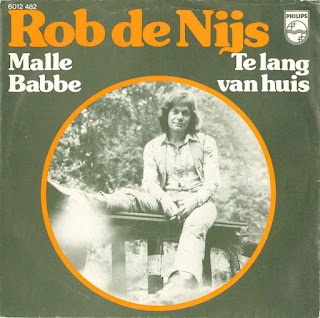OK so I am slowly capitulating and it took me forever to warm up to Netflix but there is really no point of resisting anymore - this is reality and it looks as everything else is actually eclipsed by what this platform offers: in the past, I resisted because of my lifelong love for watching movies in the cinema, but now being what it is, cinema is not an option and who knows will it ever be again - my gut feeling is that eventually cinema will simply metamorphose into home watching and cinema as such might be the thing of the past. I welcomed this movie with great anticipation, not only because of its cast and the buzz behind it, but also because it was based on a celebrated theatre play + did I mentioned that I am great fan of 1920s Classic Blues so everything here is right up my alley.
Contrary to thousands of people who never heard of Ma Rainey and her legendary contemporaries (now you can find all these youtube introductions and explanations like its something that no one could ever find before) I was well aware of them, in fact there was a time when I was passionately collecting their music, back in the day when one still had to purchase and collect music on physical format - I was buying CDs and books about this music and it was my hobby, unlike today when kids have to click on Spotify and find everything online for free (and still need a Hollywood movie to tell them about it). I do return to my Blues ladies from time to time, but nowadays I feel as it was a chapter that thrilled me before, almost like a love affair from years ago. Several years ago there was a TV biopic "Bessie" with Queen Latifah in the main role and for some reason it failed my expectations - it had all the right ingredients (based on a famous book that I own, good cast, female director, etc) but felt overtly deferential to the point that characters were one-dimensional. I started suspecting that this brilliantly exciting period has not been properly investigated because people are too sensitive about being politically correct and in order not to offend anyone, they either romanticise it or skip it completely (or, like in "Bessie" case, just make a cartoon out of it).
The moment musicians started their chatter in the recording studio I felt this is a great theatre, not unlike from what I heard in "Death of a Salesman" - when several people have meltdown simultaneously. There is a tons of little details that I might explore later on subsequent watching - exploitation of black artists by white producers and managers, lesbian affair that Rainey obviously have with some unnamed sweet young thing, the tension between northern and southern blacks, the back and forth between artists and money makers, great soundtrack by Branford Marsalis and the amazing shadows in characterisation of main roles of both Rainey and young cocky trumpeter. While Boseman has a explosive presence and lots of energy (he is all laughter and eye twinkling, dancing young hustler) Rainey is more of a massive, tired Earth mother - although this particular interpretation of Rainey is more like modern idea of "sassy black mama" (dominant, salty and aggressive) where in reality, she was known as a very gentle hearted and supportive + she would never dared to talk to white businessmen like this. There is only one hint that Rainey might be caring (because she insist on payment for her stuttering nephew), otherwise she is portrayed as a genuinely demanding prima donna. It is an interesting thought, why the characterisation of her as a domineering Diva seems to be more appealing to modern audiences than some other possibility - for example, judging from what we know about her life, she could have been portrayed as a illiterate, lonely divorced woman who found escape from the crushing poverty in a show business that gave her freedom to be financially independent. And since she ended her days returning to church, its obvious that she always yearned for social acceptance and spiritual peace that this nomadic lifestyle could not satisfy. There is so much more colours in everyone's life, not just black and white but so far the movies have been unable to escape one-dimensional portrayal. Still, I have no complains - this was much better experience than Bessie Smith biopic and I loved it, will watch it again.















































